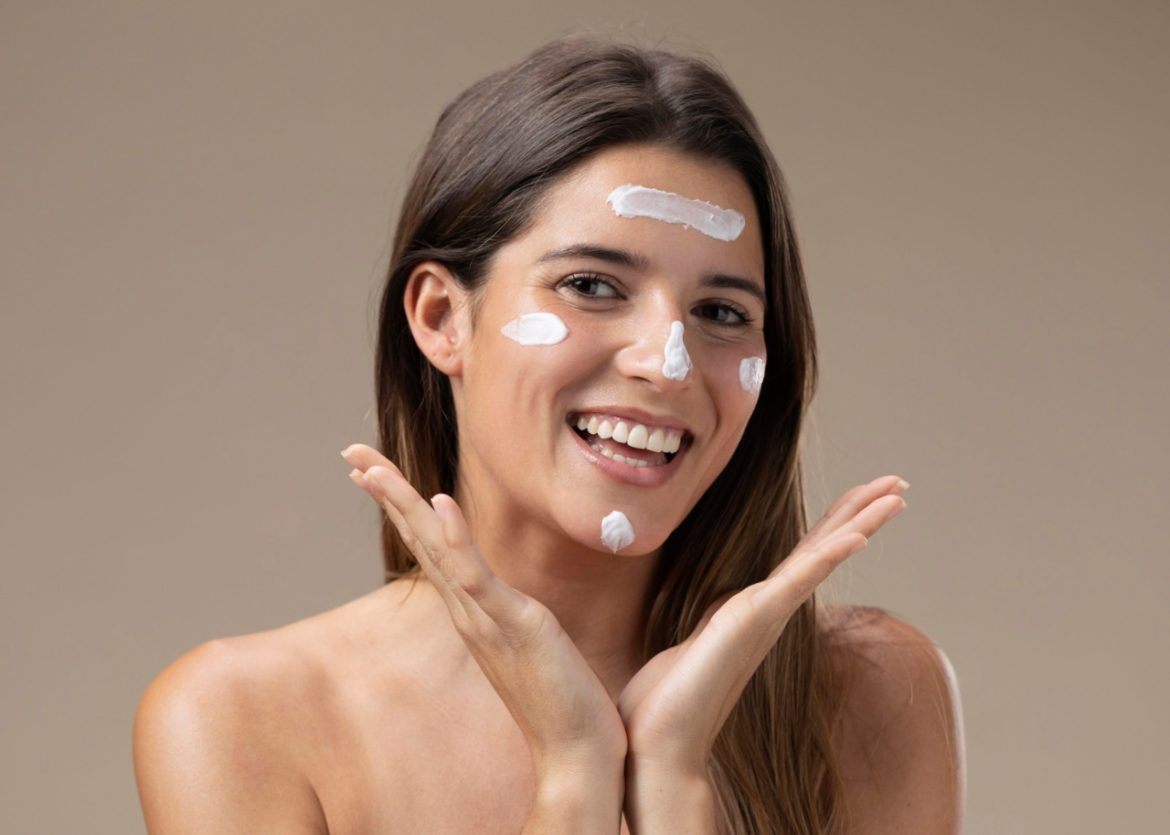If you’ve suffered from acne all your life or have struggled with face masks over the past year, make sure you take care of your skin as best you can.
Here are a few key points to help you deal with acne.
1. MASKNE – MASK-ACNE
There are 2 reasons for Maskne:
- Humidity: When you inhale the mask, it creates a humid tropical environment for several hours that stays permanently in your skin. The heat and moisture of your breath opens the pores, so everything on your skin, be it makeup, dirt, bacteria, mask fabric, etc., penetrates your pores and clogs them.
- Friction: Rubbing the mask can cause all sorts of acne like cystic acne, psoriasis, etc.
But don’t worry, there are ways to take care of your skin while wearing a mask! First, you need to make sure your mask is made from plain cotton, while this is only focused on skincare, it may vary when it comes to medical reasons. Try to avoid dyes, perfumes, various fabrics, waterproof or anti-wrinkle masks, as these are often treated with harmful chemicals to impart these qualities to fabrics.
2. DETERMINE YOUR SKIN TYPE
There are two main types of skin: acne prone and non-acne prone. If it’s acne prone skin, your skin usually grows back faster. This may sound like a myth, but it all means that your skin produces more protein than anyone else, and that protein can clog your pores. Generally, acne-prone skin produces slightly more oil than other skin types.
(Source – https://www.hercampus.com/style/clearstem-founders-need-know-skincare/ )
Most people have combination skin. Usually, with combination skin, dry cheeks appear, fat in the T-zone; This can vary depending on your diet. If you eat a lot of sugar in the morning or drink energy drinks and coffee right after waking up, you will produce more oil.
3. INGREDIENTS
Choosing the right ingredients for your skin type / your skin condition is a crucial step in formulating the perfect skincare routine.
Here are some key ingredients to avoid if you have acne-prone skin:
[https://www.dermstore.com/blog/top_ten/anti-inflammation-skin-supplements/ ]
- Coconut Oil & Coconut Alkanes
- Shea Butter
- Isopropyl Myristate, Synthetic Moisturizing Oil
- Algae, Seaweed, or Any Deep-sea Ingredient
If you have acne-prone skin, these are ingredients that should be included in your skincare products;
(Source –https://www.ncbi.nlm.nih.gov/pmc/articles/PMC4025519/ )
- Benzoyl Peroxide
- Salicylic Acid
- Alpha-hydroxy Acids
- Retinol
- Green tea
Here are a few natural ingredients you can use to help inflammation due to acne;
(Source – https://www.medicalnewstoday.com/articles/322455#home-remedies)
- Teat Tree Oil
- Honey
- Jojoba Oil
- Aloe Vera
- Green Tea
- Coconut Oil
4. REDNESS TREATMENT
Redness can be a sign of good circulation, but if it’s something you want to take care of, avoid parabens and hot water in the bathroom. While hot water is soothing, it can also damage the skin, form wrinkles, deepen wrinkles, worsen skin pigmentation, cause dull skin, and cause minor burns that prevent the skin from healing.
Also, when looking for sunscreen, it’s best to avoid sprays as they are mostly made with chemicals. Choose a normal sunscreen with the optimum SPF range suitable for you.
5. ACNE SCARS
There are two types of scars: pigmented scars and textured scars. Pigmentation means your skin is smooth, but you have red acne marks. Textured scars can appear bumpy or pitted. You can treat textured scars with an exfoliator and, if available, chemical peels. It is always best to consult an expert for this.
To sum it up, skincare is something need to pay a lot of attention to and it does not have to be complicated. It is always best to consult a doctor for medical advice before using any products or undergoing any special treatment as some of these can cause irreversible damage!
Always remember to;
1. Check your skincare ingredients.
2. Start your morning with water and some protein or vegetables.
3. Aim for about 3 liters of water a day.

